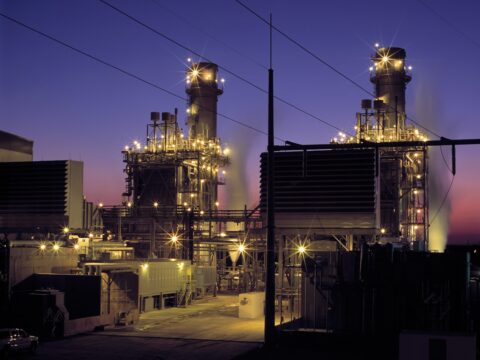
Energy security is a pivotal aspect of Israel’s national strategy, given its complex geopolitical situation and the imperative for self-reliance. The discovery of substantial natural gas reserves within Israel’s territorial waters has significantly bolstered the country’s energy security. As of 2017, Israel’s proven gas reserves stood at 6.22 trillion cubic feet, ranking 45th globally and representing about 0.090% of the world’s total natural gas reserves. These reserves are equivalent to 17.6 times Israel’s annual consumption, suggesting a robust buffer of about 18 years at current consumption levels, excluding unproven reserves.
The strategic importance of these reserves cannot be overstated. They provide Israel with a degree of energy independence that was previously unattainable, reducing the need for energy imports which have historically been a significant portion of its GDP expenditure. The utilization of natural gas, primarily for electricity production, has also allowed for a diversification of energy sources, contributing to a more sustainable and environmentally friendly energy sector.
Moreover, the natural gas discoveries have had profound implications for Israel’s foreign policy and regional dynamics. The potential for export has opened avenues for international cooperation, particularly with neighboring countries like Jordan and Egypt, fostering regional stability and economic partnerships. In 2023, Israel and Cyprus were working on a deal to create a natural gas pipeline, aiming to liquefy Israeli natural gas for export to Europe, further integrating Israel into the global energy market.
However, the reliance on natural gas also presents challenges. The need for continuous exploration and development of new reserves is crucial, as current levels, despite being substantial, are finite. Additionally, the infrastructure required to extract, process, and transport natural gas necessitates significant investment and poses environmental risks. The debate over the pace of development versus environmental conservation is ongoing, with climate activists urging caution and a more measured approach to natural gas production.
Israel’s commitment to reducing greenhouse gas emissions, as evidenced by its participation in international agreements like the United Nations Climate Change Conference (COP26), adds another layer of complexity to its energy strategy. The country aims to discontinue coal usage by 2026, which underscores the growing role of natural gas as a cleaner alternative. However, the transition to renewable energy sources, such as solar power, is essential for long-term sustainability and compliance with global climate goals.
In conclusion, Israel’s natural gas reserves are a cornerstone of its energy security, providing substantial economic and strategic benefits. The reserves enhance Israel’s energy independence, contribute to regional cooperation, and support the transition to a cleaner energy mix. Nonetheless, the challenges of environmental impact, the finite nature of the resource, and alignment with climate commitments require careful management to ensure that natural gas remains a boon to Israel’s security and prosperity.
Photo Credit: רן ארדה, CC BY-SA 3.0, via Wikimedia Commons













